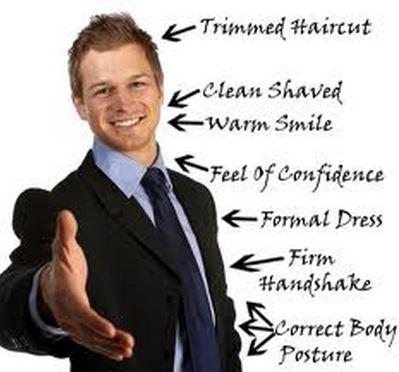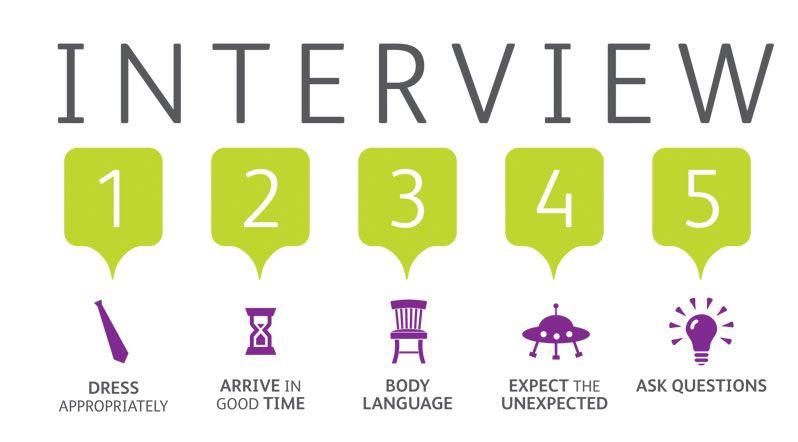
EXCITED about your first interview with a big Chinese manufacturer? Trying on outfits in the mirror? Are you imagining yourself suavely conversing with high-level managers, delighting them with your sharp wit? Time to wake up!
The bad news is that overconfidence can torpedo your chances in an upcoming job interview. I’ve laughed my way through dozens of lackluster interviews and could share quite a few stories with you. But more importantly, I want to share some practical tips about pre-interview preparation.
First things first, a good first impression is half the offer. Lots of foreigners do not really take their interviews with Chinese HR people seriously. Some show up dressed in T-shirts, jeans or even flip-flops. Others appear in wrinkled shirts or dirty shoes. These poor dressing habits leave HR with one impression – unprofessional! In this regard, how hard is it to choose a nice suit, iron your shirt, and clean yourself up? It doesn’t take much effort to present yourself in a way that conveys an impeccable impression. It won’t take long, so don’t be too lazy about showing that you really want the job. Another friendly warning is on the use of perfumes and scents. Lots of foreigners like to spray on some CK or Burberry before they go out for dinner, dates, parties, coffee and so on. However, an interview is not a social call. Put yourself in the shoes of an HR professional, looking forward to meet you but instead being assailed by the overpowering aroma of your favorite fragrance. The smell of any kind of perfume or fragrance can be distracting. So I suggest that interviewees hold back on the cologne before an interview.
The next point I would like to talk about is preparing for the interview questions. HR people can ask as many questions as they like, and I understand it might be difficult to prepare for every question. But there is one simple part which every interviewee should prepare beforehand: the self – introduction. It sounds very easy, doesn’t it? A lot of people think self introduction means repeating their CV for an hour. Dream on. You only get one minute to show your best face – If you miss it, then you will probably lose your chances right away. So a good self introduction consists of professional experiences as well as individual introduction. Take 15 seconds to show your characteristics and interests. The next 45 seconds are very valuable because this is when interviewees briefly talk about past experiences and achievements. If one of your points is lucky enough to prick the ears of the HR people, the rest part of the interview will follow naturally. For this reason, do take the time prepare to impress HR with a well rehearsed self-introduction.
Last but not the least, if you think that you are going to “rock” the interview empty handed, you might end with a different four-letter word. What does a good interviewee bring to rock the show? Among the thousands of interviews I have had, those who came to me with notepads left me with a strong impression of attentiveness and diligence. They took notes when I explained about the difficulties of the position and what HR expected. Overall, these candidates went through the interview with the HR manager much better than I expected. Also, see what other materials you can bring. If your job is about graphic design or strategy consulting, why try to explain your work in the abstract when you could bring in your best project to impress them visually?
Frankly speaking, thousands of how-to-prepare-for pre- interview tips spin in my head. To remind interviewees every single detail would probably take me ages. So before I finish my chatter and natter, I would like to give you one last pointer. Remember to check out the weather and traffic before you go for an interview! It’s lovely to bike to the interview under clear blue skies, but an unexpected heavy rain could interrupt you in an instant. Or in another scenario, you check that it takes you an hour to travel from where you live to your destination. You come out with a taxi around 8 am but find yourself trapped in rush hour traffic. These might be extreme cases, but when you live in a big Chinese city you have to prepare for every single possible eventuality. If you have followed my tips above, you should be well-prepared for the pre-interview. So don’t mess it up by showing up soaking wet and two hours late!

